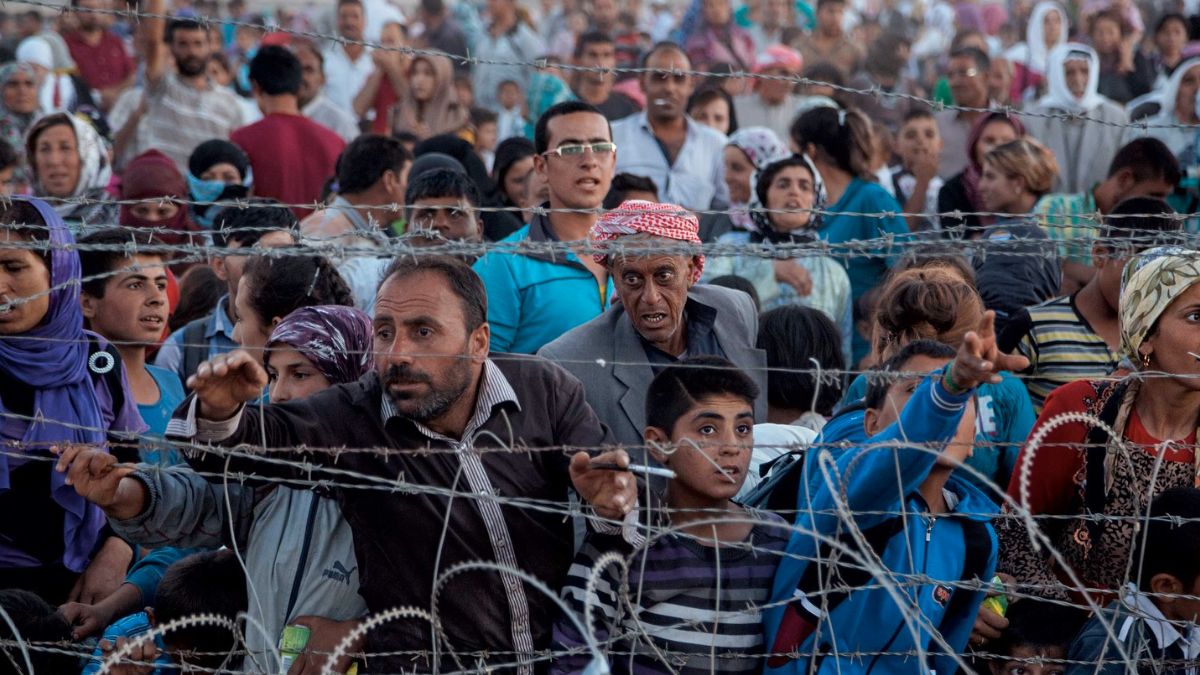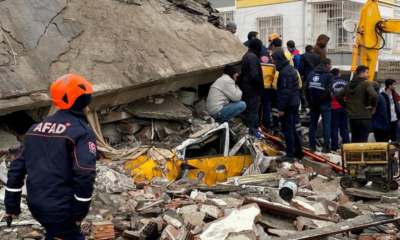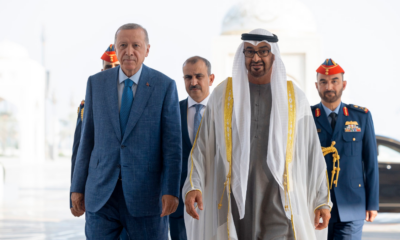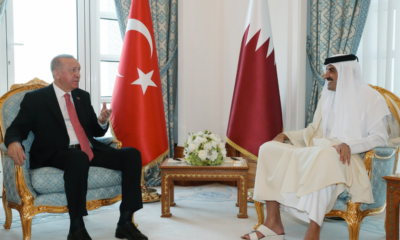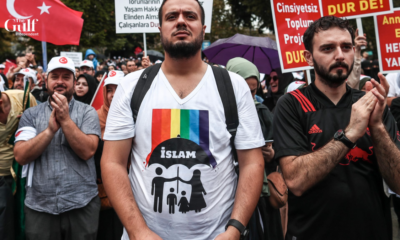The status of Syrian refugees played a key role during the Turkish presidential
elections last month. While the winner, Recep Tayyip Erdogan, stressed the need for
the country to support “unfortunate people”, the opposition maintained a strong
anti-migrant stance throughout its election campaign.
Turkey is the world’s biggest host of refugees, with a majority of them coming from
Syria. At the beginning of the brutal Syrian war, when scores of Syrian refugees
crossed borders towards Europe, the Turkish president was accused by many states
of weaponising the deepening refugee crisis to impose greater pressure on
geopolitical negotiations.
However, his position on refugees saw a major change during the last elections, representing a commitment not to weaponise the crisis with the European Union. The position compliments the reconciliatory foreign policy approach the Turkish leader has been pursuing within the region in the past few years.
Understanding The Difference
The vocabulary is important. While a refugee is someone who had to flee their home country due to violence, conflict or persecution, an economic migrant is someone who voluntarily moves to another country, seeking better economic prospects. When looking at the images of economic migrants at the borders, many commentators call them asylum seekers.
But it’s a mistake as an asylum seeker is someone who seeks shelter in a different country, typically due to fear of persecution. While this difference does not, in any way, reduce the right of economic migrants to plan a better future for themselves in a different country, it’s essential to understand the gap as its often exploited in the weaponisation of displaced populations.
New Entries To The List
The crisis isn’t limited to just a handful of countries. France, Lebanon, the UK, the
US and numerous others are also struggling amid the global migration and refugee
crisis. The ongoing violence will add Sudan to a growing list of countries such as
Ukraine and Afghanistan where conflict has displaced millions.
This brings more stress to the bordering countries, instead of Europe and the US.
Therefore, more emphasis now needs to be put on conflict resolution. Unfortunately,
like several other problems, we are treating just the symptoms and not the root
cause. And it becomes even more difficult when domestic politics also get a role to
play in the chaos.
At the bare minimum, the world needs to commit to stopping the political
weaponization of refugees. It is often true that the less fortunate ones are abused in
domestic political rivalries or within international negotiations. This is worsened by
the impact on elections in the West, which is encountering inflation and witnessing
its own citizens in precarious conditions.
